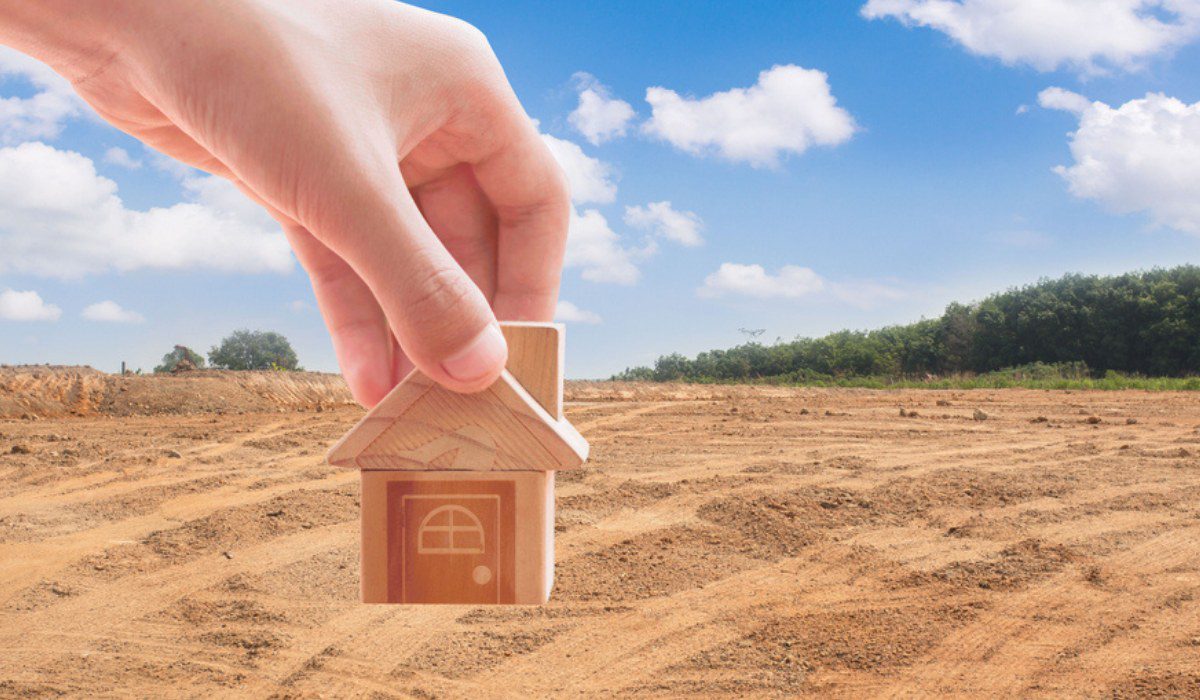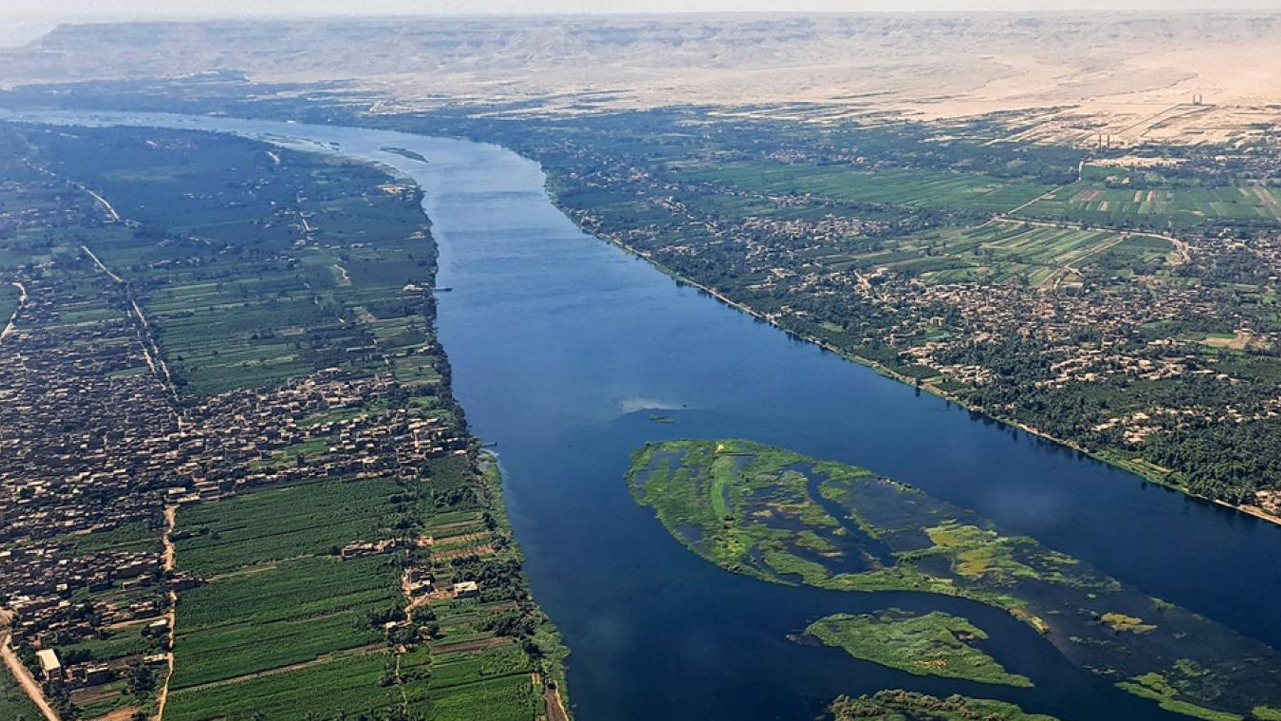Table of Contents
ToggleHave you noticed how conversations around Egypt’s real estate market are increasingly shifting southward?
More and more Egyptians are eyeing Upper Egypt—once considered remote and underdeveloped—as the next promising hub for land ownership and investment. But what exactly is driving this surge in demand, and why is buying land in Upper Egypt becoming such an attractive option for families, developers, and investors alike?
The answer lies in a combination of government incentives, lower land prices, expanding infrastructure, and untapped development potential. In this article, we’ll explore the reasons fueling this trend, the types of buyers entering the market, and what the future holds for land investments in Upper Egypt.
The Rising Demand for Land Ownership in Egypt
Land has always carried cultural and financial significance in Egypt. Owning a piece of land is often seen as a long-term security asset, offering stability for future generations. In crowded urban centers like Cairo and Alexandria, however, rising property prices and limited availability have made land ownership difficult for many Egyptians.
This has pushed buyers to look beyond traditional markets toward regions with lower barriers to entry. Upper Egypt, with its vast stretches of affordable land, has become a natural alternative. Families view it as a way to build custom homes, while investors see an opportunity to acquire large plots before values rise further.
Government Incentives and National Projects
One of the strongest drivers behind land purchases in Upper Egypt is the Egyptian government’s commitment to regional development. Through the “Decent Life” (Hayah Karima) initiative and other national projects, infrastructure in Upper Egypt is receiving unprecedented investment.
Road networks are being expanded, new industrial zones established, and utilities like electricity and water extended to underserved areas. The government is also offering subsidized land plots and simplified ownership processes to encourage citizens and developers to invest.
For many Egyptians, this signals confidence that land values in Upper Egypt will continue to appreciate, making early purchases especially appealing.

Affordable Prices Compared to Cairo and the Coast
One of the most practical reasons Egyptians are buying land in Upper Egypt is cost. Land in Cairo, New Cairo, or coastal areas like the North Coast has reached premium prices, often beyond the reach of middle-income buyers.
In contrast, Upper Egypt offers significantly lower entry points. For the price of a small plot in Cairo, buyers can often purchase much larger tracts of land in Upper Egypt. This affordability is attractive not just to individuals, but also to small developers looking to establish housing projects without facing the high land acquisition costs found elsewhere.
Lower prices also make it possible for younger Egyptians, who are just starting their careers, to step onto the property ladder sooner.
Infrastructure and Transportation Expansions
For decades, limited infrastructure kept Upper Egypt somewhat isolated from Egypt’s economic hubs. But this is changing rapidly. New highways, bridges, and rail projects are integrating Upper Egypt with the national economy.
For example, expansions to the Sohag Airport and upgrades along the Luxor-Aswan corridor are making these regions more accessible. Improved transportation not only enhances the quality of life for residents but also boosts the attractiveness of land for future development—whether residential, commercial, or touristic.
This growing connectivity reassures buyers that their land investments won’t remain in isolated or inaccessible areas for long.
Population Growth and Urban Expansion
Egypt’s population continues to grow at a rapid pace, and urban sprawl is an inevitable outcome. With major cities becoming saturated, the government is actively encouraging citizens to relocate to new urban communities in Upper Egypt. Cities such as New Assiut, New Minya, and New Sohag are part of this expansion strategy.
As people migrate to these cities in search of affordable housing and job opportunities, demand for nearby land naturally increases. Buyers are not just acquiring land for immediate use but also as a way to anticipate and capitalize on future urban growth.
Cultural and Emotional Connections
For many Egyptians, buying land in Upper Egypt isn’t purely financial—it’s also cultural. A large number of families in Cairo and other major cities trace their roots back to towns and villages in Upper Egypt. Purchasing land there is often seen as a return to one’s origins and a way to maintain family ties.
This cultural connection adds an emotional dimension to the trend. Families may buy land for vacation homes, retirement retreats, or to pass down as an inheritance that connects future generations to their ancestral hometowns.
Agricultural Opportunities and Food Security
Another factor fueling land purchases is agriculture. Upper Egypt boasts fertile areas along the Nile and vast desert tracts that can be reclaimed for farming. With rising concerns about food security and agricultural sustainability, many Egyptians view buying land in Upper Egypt as a way to establish farms or orchards.
The government’s land reclamation projects, such as the “1.5 Million Feddan Project,” have further encouraged agricultural investment. Whether for small-scale farming or larger agribusiness ventures, Upper Egypt is increasingly seen as a land of opportunity for agricultural entrepreneurs.

Tourism Potential and Hospitality Investments
Upper Egypt is home to some of Egypt’s most iconic historical treasures, from the temples of Luxor and Karnak to the Aswan High Dam and Nubian heritage sites. This rich cultural landscape creates strong tourism potential, particularly in areas where hospitality infrastructure is still underdeveloped.
Investors who purchase land near tourist hotspots envision building boutique hotels, guesthouses, or eco-lodges that cater to both domestic and international travelers. With Egypt’s tourism industry steadily recovering, this segment of the market offers significant promise.
Risks and Legal Considerations
While the opportunities are vast, buying land in Upper Egypt also comes with risks. Legal frameworks for land ownership can be complex, especially regarding agricultural or desert lands. Some buyers may face challenges with unclear titles, disputed boundaries, or restrictions on land use.
It’s essential for buyers to work with trusted legal advisors and verify property ownership through The Official Egyptian Real Estate Platform, which helps ensure transparency and compliance with national regulations. Without proper due diligence, the dream of affordable land could quickly turn into a legal headache.
Future Outlook: Upper Egypt as the Next Investment Hub
Looking ahead, Upper Egypt is poised to become one of Egypt’s most dynamic real estate frontiers. With government-backed infrastructure projects, affordable land, and rising demand from both cultural and economic forces, the region is set for steady appreciation in value.
For Egyptians priced out of traditional markets, Upper Egypt represents not just an affordable alternative, but also a chance to participate in shaping the country’s future development. While risks remain, those who act early and strategically may find themselves holding some of Egypt’s most rewarding real estate assets in the decades to come.
Frequently Asked Questions(FAQs):
1. Why are Egyptians choosing to buy land in Upper Egypt now?
Because of affordable prices, government incentives, and expanding infrastructure that increase future value.
2. Is buying land in Upper Egypt affordable compared to Cairo?
Yes, land in Upper Egypt is significantly cheaper, making it more accessible to middle-income families and small investors.
3. Can foreigners buy land in Upper Egypt?
Foreign ownership is restricted, but Egyptians living abroad can purchase land under specific conditions.
4. Are there risks in buying land in Upper Egypt?
Yes, risks include unclear ownership titles, legal restrictions on use, and bureaucratic delays.
5. Which cities in Upper Egypt are most attractive for land buyers?
New Assiut, New Minya, New Sohag, and areas near Luxor and Aswan are among the most attractive.
6. Can land in Upper Egypt be used for farming?
Yes, much of the land is suitable for agriculture, and government reclamation projects support this.
7. How does the government encourage land investment in Upper Egypt?
Through subsidies, infrastructure development, and simplified land acquisition procedures.
